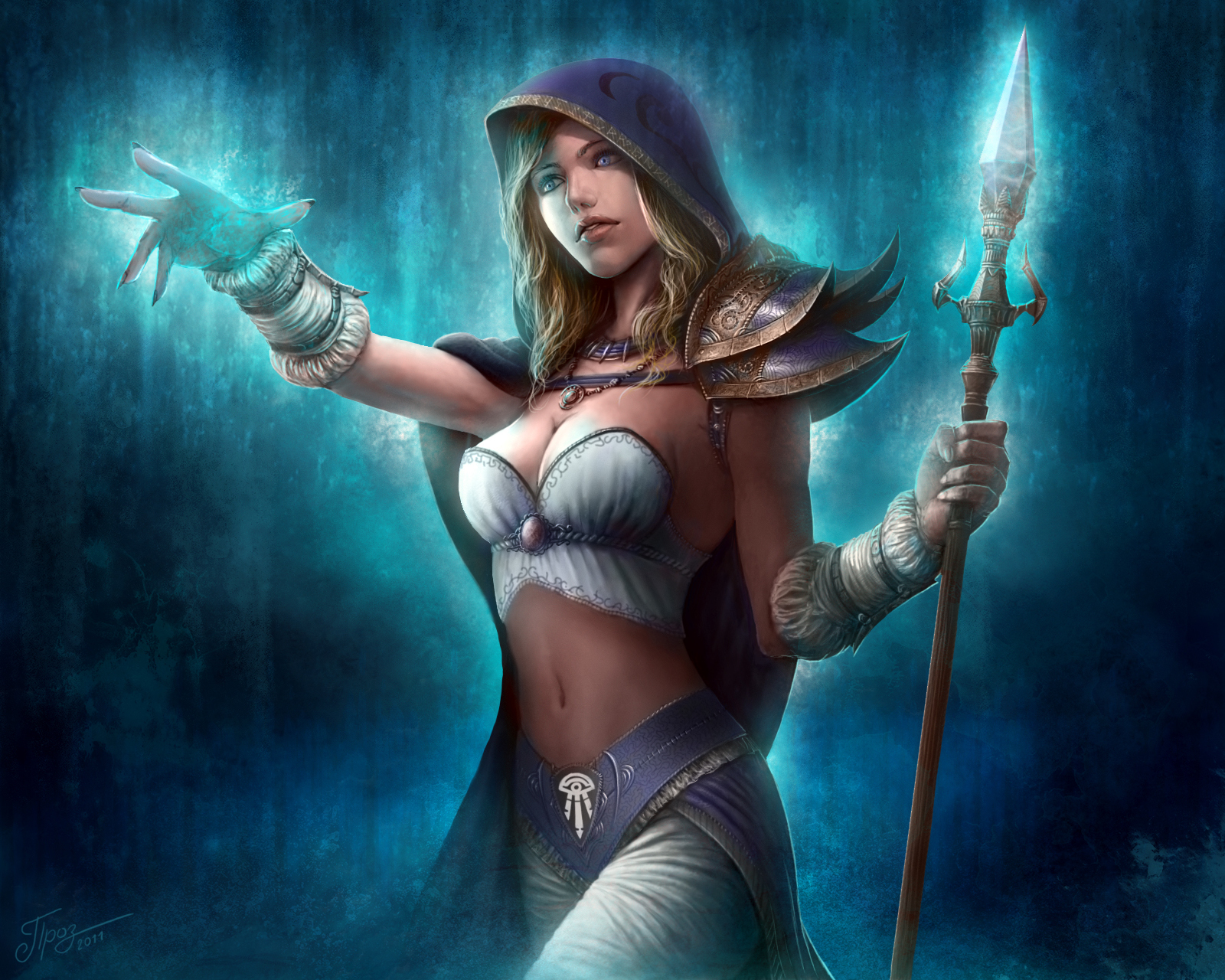From the DF: Unholy Wars FAQ:
Q:
What are the classes in Darkfall Unholy Wars?
A:
Darkfall Unholy Wars does not utilize classes in the traditional sense rather, you select a role and specify two schools to focus on within that role. Roles and Schools are not set in stone and you can change between them to suit your play-style or current situation.
Without going into the specifics of the available Roles and Schools, one major change from the original Darkfall is that players need to select a very clearly defined Role or Archtype. This selection, while not permanent, does mean that your "current situation" must be played as this Archtype.
While hardly a unique idea, this change marks a significant deviation from the original Darkfall which allowed players to advance multiple skills and shift from play-style to play-style while mid-combat. Watch a DF1 video and you'll see players switch from Melee to Spells and back to Melee again in mere heartbeats.
I don't think it comes as much of a shocker that with such changes, the same class warfare type forum arguing erupts over game balance. Again, I'm not going to speak to specifics but as with every game -- such class warfare inevitable leads to the type of forum bickering I despise most in games.
Not all Archtypes are created equal
The reality of class balance is that it's incredibly difficult to balance and it often evolves over time as players become better and/or find optimum skill usage.
Tank Archtype: In PvP, this is by far the most forgiving Archtype because by definition, it has the most survivability. Played poorly, a Tank can still survive and the golden rule in PvP is that you don't do any damage while dead. This means that even a bad player can still be effective and helpful (a notion that gnaws at many players). Typically balanced with sub-par damage and lack of range, making the Tank type too effective at dealing damage can easily make this the most OP class. By contrast, not enough damage, and good players are rendered as ineffectual as the poor players that are surviving right along-side them.
Glass Cannon Archtype: In my opinion, the glass cannon is the most difficult Archtype to balance by a wide margin. By definition, the cannon must do tremendous damage and be weak enough to kill quickly. Played poorly, the Glass Cannon is easily killed. Played well, the Glass Cannon can be un-killable even by equally skilled players. So, do you balance for the weak or strong players? If you balance for the strong, you'll hear no end of complaints from the weak Cannons who keep dying. If you balance for the weak, every elite player will play a Cannon and dominate the game.
Healer Archtype: If, like me, you think the golden rule in PvP is that you don't do damage while your dead -- then healing is the trump card. A great healer not only keeps himself alive but everyone around him. As a result, they have a huge bullseye painted on them. A tough class to balance solo because they are usually balanced on the idea that others do the damage while they do the healing. If you make them too effective at damage and healing, then the best scenario includes everyone playing Healers.
Complicating things even more is that the nature of these Archtypes tends to lend itself naturally to a sort of rock-paper-scissors thing. Where, Tanks beat Cannons, Cannons beat Healers, and Healers beat Tanks.
Archtypes vs Homogeneity
All that said, I like having the Archtypes in games. It provides a diversity that is fun. Sure there are balance issues that are always evolving and need constant attention but that doesn't make it impossible.
The original "sandbox" game was Dungeons & Dragons. Not the MMO -- the original Pen & Paper game that you played with your imagination. And there was a reason that you started by rolling up your class and following the game rules for that class. It provided a sense of self for who you were in the game.
The alternative is homogeneity, or uniformity, between all players. Oh sure, there are systems you could develop that limit certain things by your equipment and such but it's not quite the same as "playing a mage". :)





No comments:
Post a Comment